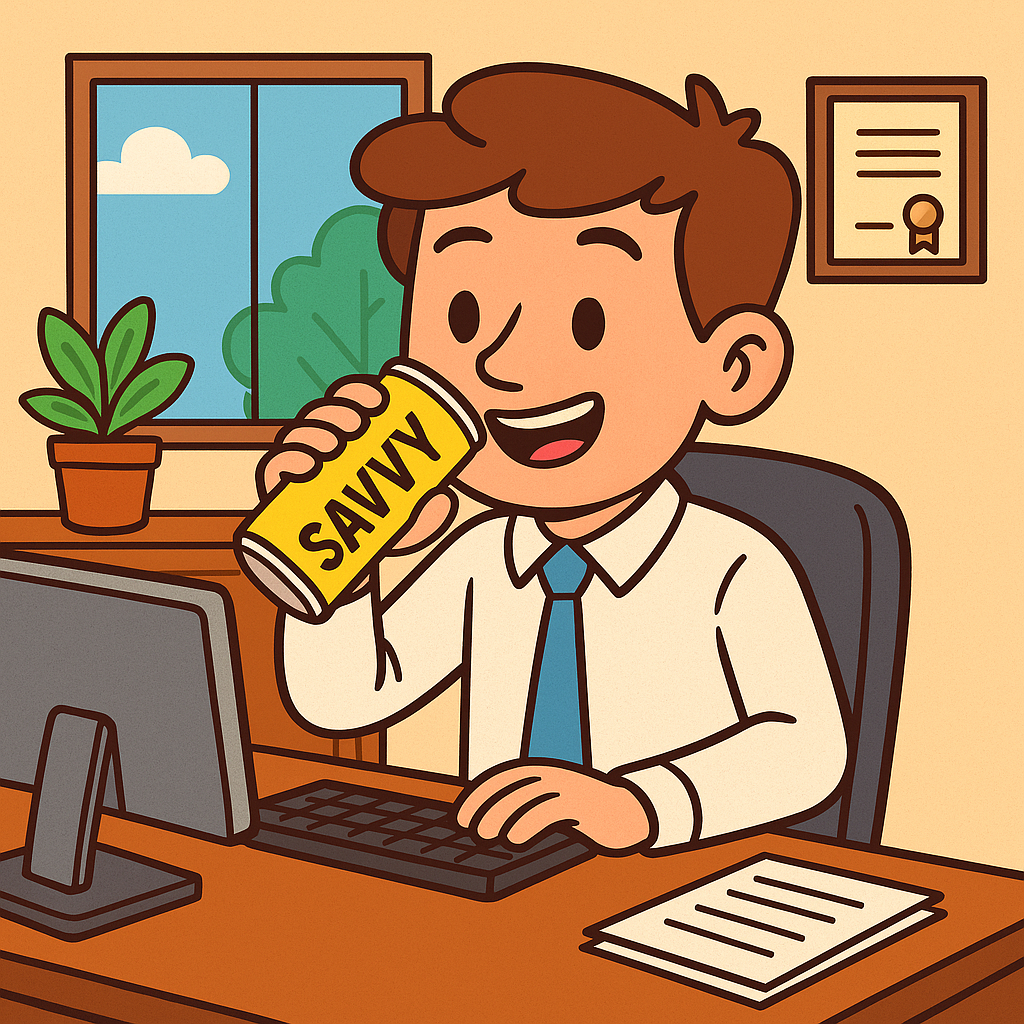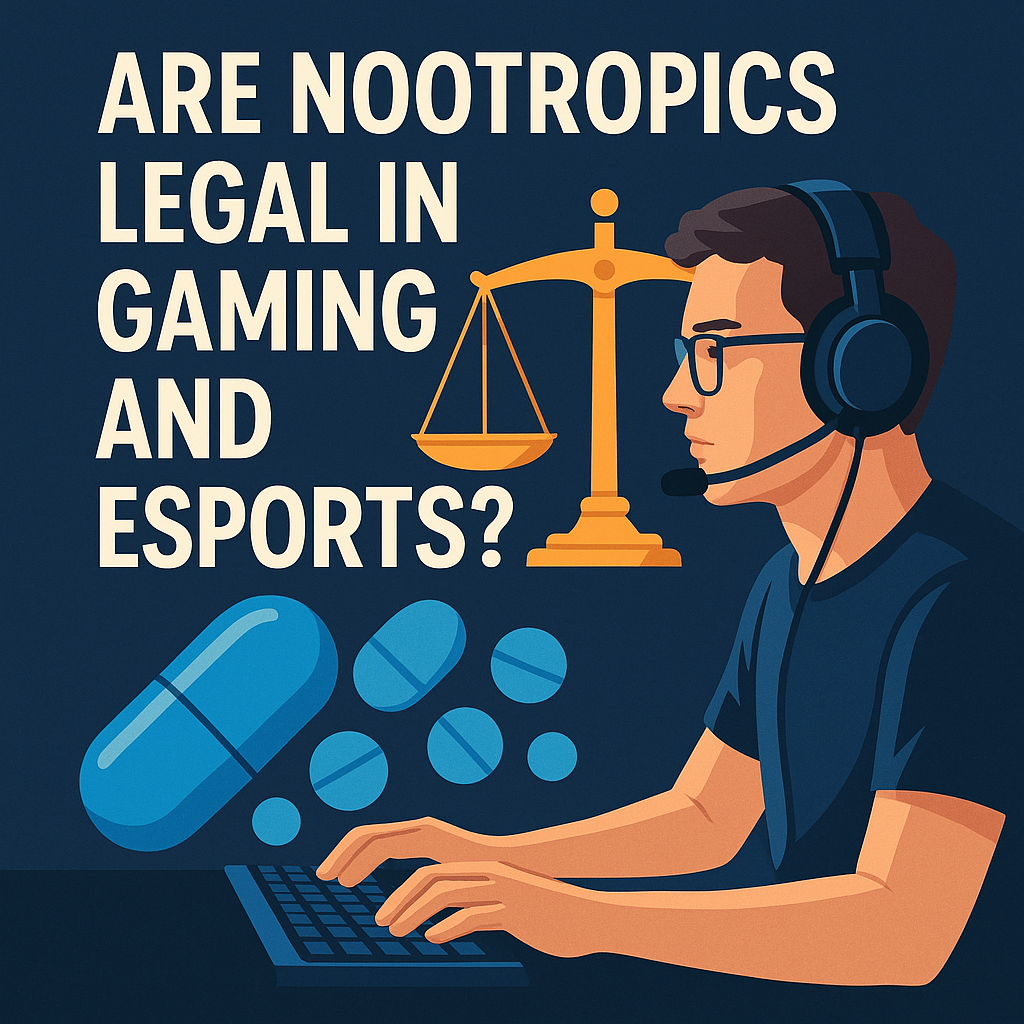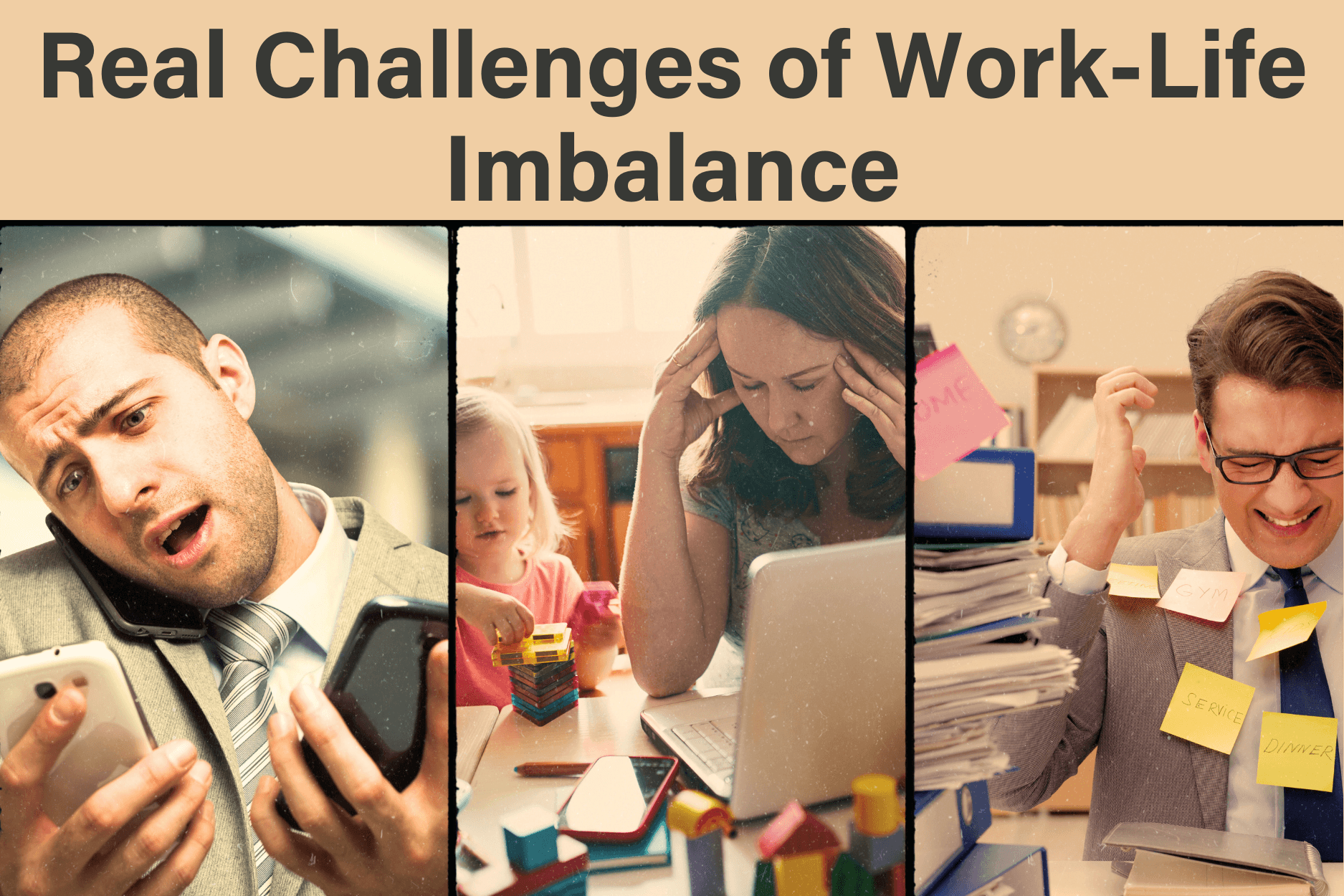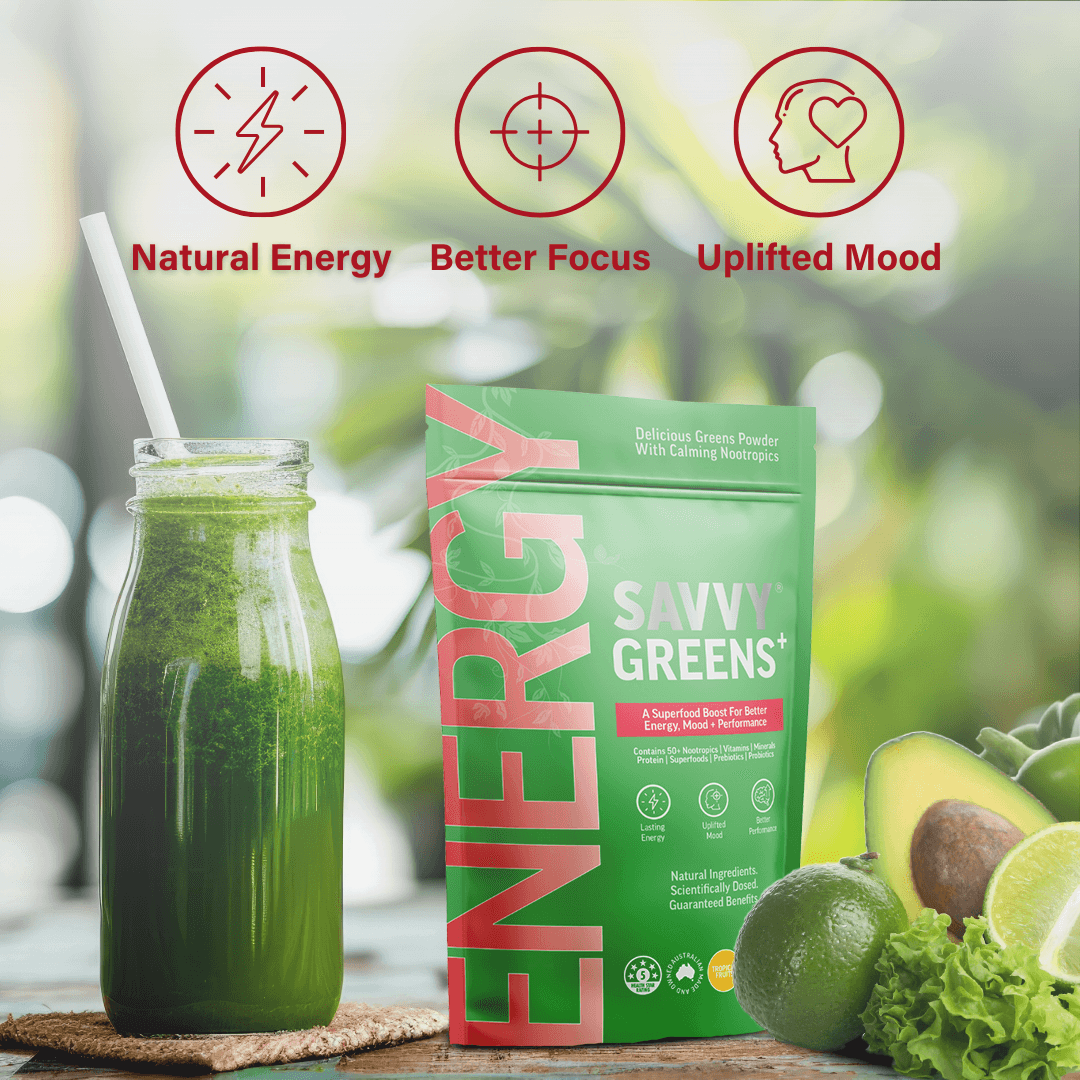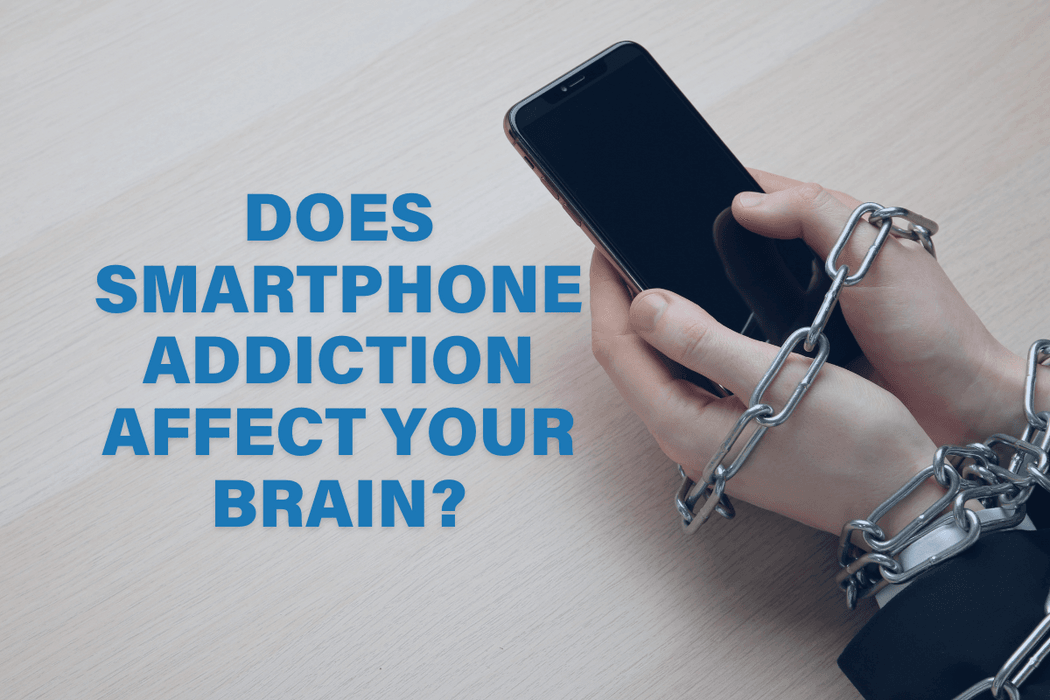
Does Smartphone Addiction Affect Your Brain?

Welcome to the smartphone era, whether it's the new iphone, samsung, or whatever, almost everyone has one of these computers in their pockets. With just a tap, we can access the world, connect with loved ones effortlessly, and tap into a wealth of knowledge. These pocket marvels have changed how we live, work, and enjoy life, connecting us in ways we never thought possible.
While smartphones offer numerous benefits, it's undeniable that they can be addictive. Ever catch yourself mindlessly grabbing your phone, only to realise you've been scrolling for who knows how long? It's like there's this invisible force pulling us in, making it hard to tear our eyes away from the screen. Before we know it, minutes turn into hours, and we're lost in this digital maze where time just slips away.

We all know we spend a lot of time on our phones. But is that bad? How does prolonged screen time affect our feelings and our brains? Let's take a closer look.
In this article, we'll explore the fascinating world of how smartphones influence our brains. We'll uncover the latest research on the effects of prolonged screen time and introduce you to nootropics—brain-boosting supplements that could be the key to maintaining cognitive health in our smartphone-driven world.
Smartphone Addiction - the Science behind it

There's a lot of scientific evidence showing how smartphone addiction can mess with our brains. A study published in the Journal of Neuroscience discovered that too much phone time could actually affect our brains in the following areas:
1. Brain changes associated with smartphone addiction
When we spend too much time glued to our smartphones, it can actually change how our brains work [1] . Imagine your brain's control centre, the prefrontal cortex, and the region responsible for motivation, the striatum, getting a bit mixed up. That's what studies with brain scans like MRI have found—these areas can undergo changes in size and activity due to excessive phone use [2] . It's like our brain's navigation system getting a bit off track, affecting how we make decisions and stay focused, some people have even said that it can lead to "brain rot" - but we're not sure if it's that bad yet.
2. Neurotransmitter imbalances and reward pathways
Smartphone addiction can mess with our brain chemicals too. Think of dopamine [3] , serotonin, and norepinephrine as the mood regulators and pleasure providers in our brain. Too much phone time can throw these systems out of balance, making us crave that constant buzz from notifications and causing us to act impulsively. It's like our brain's reward system goes into overdrive, making us more sensitive to the feel-good moments that smartphones often provide.
3. Impact on cognitive functions such as attention, memory, and decision-making
When our phones constantly ping with notifications, it can really mess with our ability to focus. Research shows that people who spend a lot of time on their phones struggle with shorter attention spans and find it hard to concentrate on tasks which leads to brain fog. [4] .
Plus, all that screen time can make it tough to remember things—we might have trouble retaining and recalling information [5] . And when it comes to making decisions, smartphone addiction can lead to impulsive actions and not-so-great judgments.

4. Increased stress and anxiety levels.
Our phones keep us constantly connected, but that can also mean constant pressure. The need to respond to messages and notifications can leave us feeling overwhelmed, leading to higher levels of stress and anxiety [6] .
5. Negative impacts on sleep quality and duration
Ever noticed how scrolling through your phone before bed can make it harder to sleep? That's because the blue light from screens messes with our sleep hormone, melatonin. It can disrupt our sleep patterns and leave us feeling groggy in the morning [7] .
6. Social and emotional implications
While smartphones help us stay connected, they can also make us feel disconnected. Spending too much time online can lead to feelings of loneliness [8] and even affect how we see ourselves compared to others. It's easy to get caught up in the highlight reels of social media and forget about real-life connections.
Lifestyle Strategies for Balancing Digital Connectivity and Brain Health

So what can you do to protect your brain? Even though we might know that our phones might negatively affect our brains, the reality is that we need them. For many, they are a connection to information, resources, tools, and communication that are essential for daily life.
What we can do is work on becoming more intentional about how we use and interact with our phones. Strategies that can help are:

- Setting boundaries and digital detox practices. It's time to take control of your digital life! Setting boundaries means knowing when to unplug and giving yourself breaks from screens. Try scheduling digital detox days [9] or limiting screen time during certain hours. It's all about finding a balance that works for you.
- Incorporating mindfulness and stress-reduction techniques. Mindfulness is key to maintaining a healthy relationship with technology. Take moments throughout the day to pause, breathe, and be present. Explore relaxation techniques like meditation, yoga, or deep breathing exercises [10] to reduce stress and stay grounded in the present moment.
- Prioritizing sleep hygiene. Quality sleep is essential for brain health [11] . Create a bedtime routine that promotes relaxation, such as avoiding screens before bed, dimming lights, and creating a comfortable sleep environment. Prioritize getting enough restful sleep each night to recharge your brain and improve cognitive function.
- Cultivating real-world social connections. While digital connections are valuable, don't forget about the importance of face-to-face interactions [12] . Make time for in-person social activities, whether it's meeting friends for coffee, joining a club or group, or volunteering in your community. Building meaningful relationships offline can have a positive impact on mental well-being and overall brain health.
- Add a nootropic brain-boosting supplement to your daily routine. Nootropics [13] are like your brain's best friend, helping boost cognitive functions like memory, focus, and creativity. These smart supplements are designed to give your brain a little extra edge when you need it most, especially in today's fast-paced digital world.
Benefits of using nootropics for cognitive enhancement
Nootropics come with a bunch of perks! They can supercharge your memory, keep you laser-focused, amp up your mental energy, and overall, boost your brainpower. Plus, they're great at protecting your brain from wear and tear, which is super important in our smartphone-driven lives.
Science has our back on this one! Studies have shown that certain nootropic ingredients, like bacopa monnieri and lion's mane mushroom, really do enhance memory and mental flexibility. Others, like caffeine and L-theanine, are pros at keeping you alert and on point [14] . And let's not forget adaptogens like ashwagandha and rhodiola rosea—they're all about easing stress and boosting mood, perfect for tackling those smartphone-induced blues.
In a nutshell, nootropics are your brain's secret weapon for staying sharp and resilient in our tech-heavy world.
References:
[1] How Your Cell Phone Might Affect Your Brain
[3] Dopamine, Smartphones & You
[5] Is your smartphone ruining your memory?
[6] Psychological Stress and Social Media Use
[7] Why It’s Time to Ditch the Phone Before Bed
[8] Associations between social media use and loneliness in a cross-national population
[10] Relaxation Techniques for Stress Relief
[11] Why Sleep Is Important for Brain Health
[12] The value of face-to-face communication in the digital world



